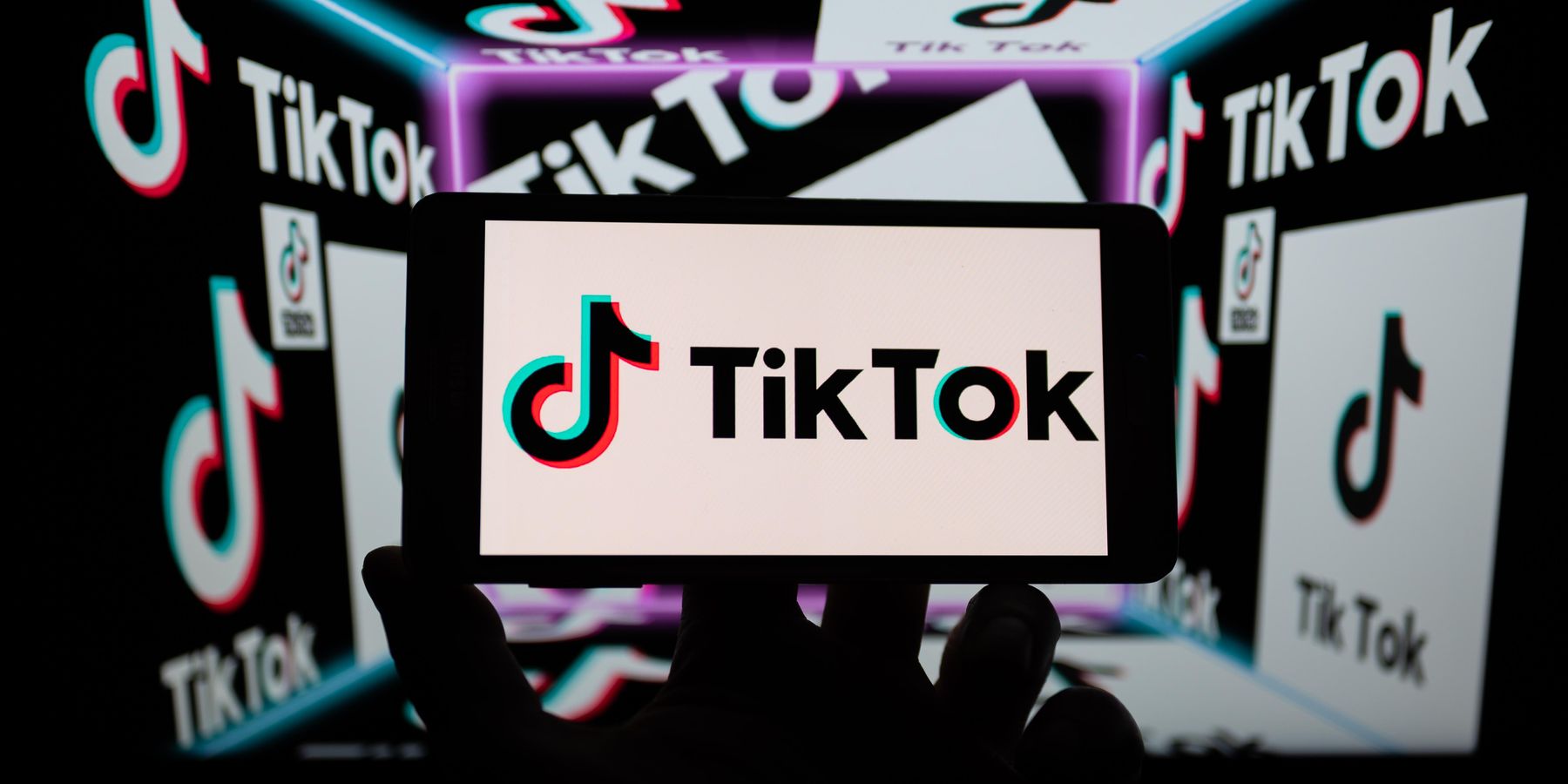In a huge blow to incumbent candidates looking to reach out to the youth vote through a mix of viral dances and memes, the US House of Representatives has banned TikTok from being on any House-owned or -managed devices.
According to a new report from Reuters, the House's Chief Administrative Officer (CAO) announced the blanket ban in a message to lawmakers and staff on Tuesday, citing a "high risk due to a number of security issues" associated with the app. The move comes ahead of a much more wide-reaching law requiring TikTok to be deleted from all US government devices by mid-February as a part of an upcoming $1.7 trillion omnibus spending bill.
"With the passage of the Omnibus that banned TikTok on executive branch devices, the CAO worked with the Committee on House Administration to implement a similar policy for the House," a spokesperson for the Chief Administrative Officer said in a statement. The federal ban comes after 19 states have put into place at least partial measures to block the use of TikTok over concerns that the Chinese government could be using it to track American users and collect data.
This isn't the first time that Republican lawmakers have pushed to ban TikTok, which is owned by Beijing-based ByteDance Ltd., in the name of domestic cybersecurity. Donald Trump, towards the later part of his reign of terror, announced an executive order calling for the removal TikTok (alongside seven other apps that had connections to his geo-political nemesis, China) from digital stores unless the company was able to find an American buyer. Oracle and Walmart did step in to route TikTok's data through their servers in an attempt to help alleviate these concerns, but, like many Trump-era proposals, this was largely rhetoric-driven and ended up lacking follow-through.
The Biden administration would initially roll back the proposed ban in June 2021, replacing it with a new order outlining criteria for apps "owned, controlled, or managed by persons that support foreign adversary military or intelligence activities, or are involved in malicious cyber activities, or involve applications that collect sensitive personal data." As negotiations between TikTok and the US national security panel's Committee on Foreign Investment continued to take place, Biden's office did call out China in a memo, writing that "certain countries, including the PRC, that do not share these democratic values seek to leverage digital technologies and Americans' data in ways that present unacceptable national security risks while advancing authoritarian controls and interests."
Biden is expected to sign the omnibus spending bill, containing the No TikTok on Government Devices Act, into law once it reaches his desk. A bipartisan proposal for a larger nationwide ban on TikTok was put forth by Sen. Marco Rubio earlier this month, although it remains unclear how far in Congress it might progress.
Photo via Getty/ Jonathan Raa/ NurPhoto
